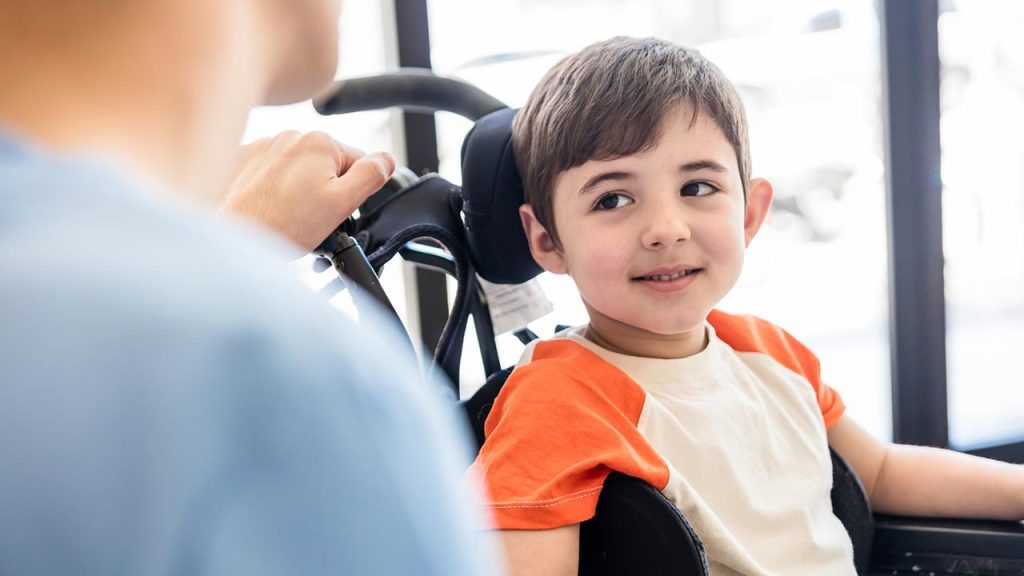Dealing with Special Populations During a Pandemic
Pandemics can create challenges in delivering patient care even in the best of circumstances, but for those with mobility differences or other special needs, these challenges are far more complicated. During pandemics and widespread outbreaks, healthcare systems and providers must take additional steps to protect our most vulnerable populations from harm.
Pediatrics
Pediatric patients can be difficult to treat, but especially with the innate fear and anxiety that often exists during pandemics. Schools and other normal day-to-day activities will likely be canceled or take place with significant restrictions. This section contains valuable resources from the American Academy of Pediatrics to prepare healthcare providers and parents for the widespread impacts of pandemics in the pediatric subspecialty population.

Geriatrics
Older individuals are typically at higher risk for the development of infection and other complications. This age population is likely to have existing comorbidities that can lessen the body’s immune system’s ability to fight off deadly infections. These resources assist healthcare providers with customizing healthcare options for the elderly in both long-term care and outpatient settings.

Special Needs Patients
Patients with Special Needs require individualized care regularly, but particularly during a pandemic. This may require the use of specialized caregivers and also equipment, neither of which may be readily available during a pandemic scenario. Healthcare facilities and providers, especially those in home health settings, must strategically plan their approach to care delivery during a pandemic, well in advance of a pandemic threat becoming a reality.

Pregnant Patients
Pregnancy changes the human body and can make the risk for certain infections much higher. These changes must be taken seriously, and extra precautions must be taken to protect both the mother and the unborn child from potential exposure to infectious diseases and other harm while receiving healthcare.

Animals
For many families, pets are a true member of the family. During pandemics, however, living situations may rapidly change, or the hospitalization of a single member of a family may cause logistical challenges with pet care. In addition, local veterinary services may be significantly restricted and must be accounted for in a pandemic preparedness and response plan.

Ethical Concerns
Many ethical challenges can arise during pandemics that can cause limitations in care delivery and available supplies such as ventilators. Healthcare providers should have proactive ethical response plans and policies in place that address the likely complexities and equipment restrictions that will arise during an ongoing pandemic. Other concerns such as visitor restriction are likely to cause significant issues for healthcare providers and facilities, and the risk vs. benefit of each of these actions must be carefully considered from both a medical and ethical perspective, while always putting the patient at the center of the conversation.


















